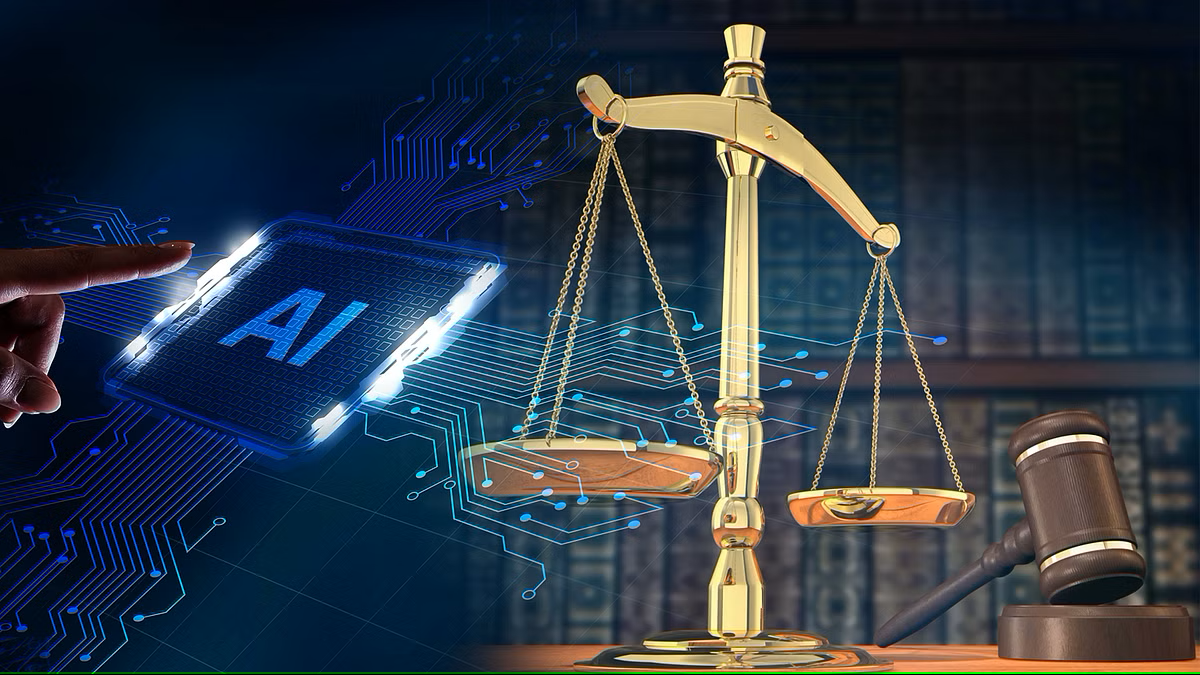The intersection of artificial intelligence (AI) and the legal industry has brought about significant advancements in the efficiency and effectiveness of legal processes. AI-powered legaltech tools have become invaluable for legal professionals, offering improved document review, contract analysis, and even predictive analysis of case outcomes. Additionally, AI has made its mark in the world of litigation funding, helping funders make informed investment decisions. However, with these technological advancements come ethical considerations that need to be addressed.
- Data Privacy and Security
One of the primary ethical concerns in AI-powered legaltech and litigation funding is data privacy and security. Legal professionals deal with sensitive and confidential information daily, and AI systems must ensure the protection of this data. Data breaches and unauthorized access can have severe legal and financial consequences. Therefore, implementing robust security measures and encryption protocols is imperative.
- Algorithmic Bias
Algorithmic bias is another critical issue to tackle. AI systems are trained on historical data, which may contain biases present in the legal system. If not properly addressed, these biases can perpetuate discriminatory practices or unfair outcomes. Ethical AI development requires ongoing efforts to identify and rectify bias within algorithms.
- Transparency and Explainability
AI-driven decisions can sometimes seem like a “black box,” making it challenging to understand how conclusions are reached. Transparency and explainability are crucial for ensuring trust in AI-powered legaltech and litigation funding. Users and stakeholders need to know the rationale behind AI-generated recommendations and predictions.
- Accountability and Liability
Determining responsibility when AI systems are involved in legal processes or investment decisions is complex. In the event of errors or misconduct, it may be unclear whether the responsibility lies with the AI provider, the user, or both. Establishing clear lines of accountability and liability is an ethical imperative.
- Legal Professional Roles
AI can automate many tasks traditionally performed by legal professionals, raising questions about the future roles of lawyers and paralegals. Ethical considerations include ensuring that the use of AI enhances, rather than diminishes, the legal profession’s ethical obligations, such as attorney-client privilege and zealous representation.
- Informed Consent
When using AI in legaltech and litigation funding, obtaining informed consent from clients and stakeholders is essential. Clients should be aware of how their data is being used, and they should understand the potential impact of AI-driven decisions on their legal matters or investments.
Conclusion
AI-powered legaltech and litigation funding have immense potential to improve efficiency and decision-making in the legal industry. However, these technological advancements must be accompanied by ethical considerations to protect data privacy, minimize bias, ensure transparency, and establish accountability. Legal professionals and AI developers must work collaboratively to create a future where AI enhances the practice of law while upholding the highest ethical standards. By addressing these ethical considerations, the legal industry can harness the full potential of AI while preserving its integrity and commitment to justice.



